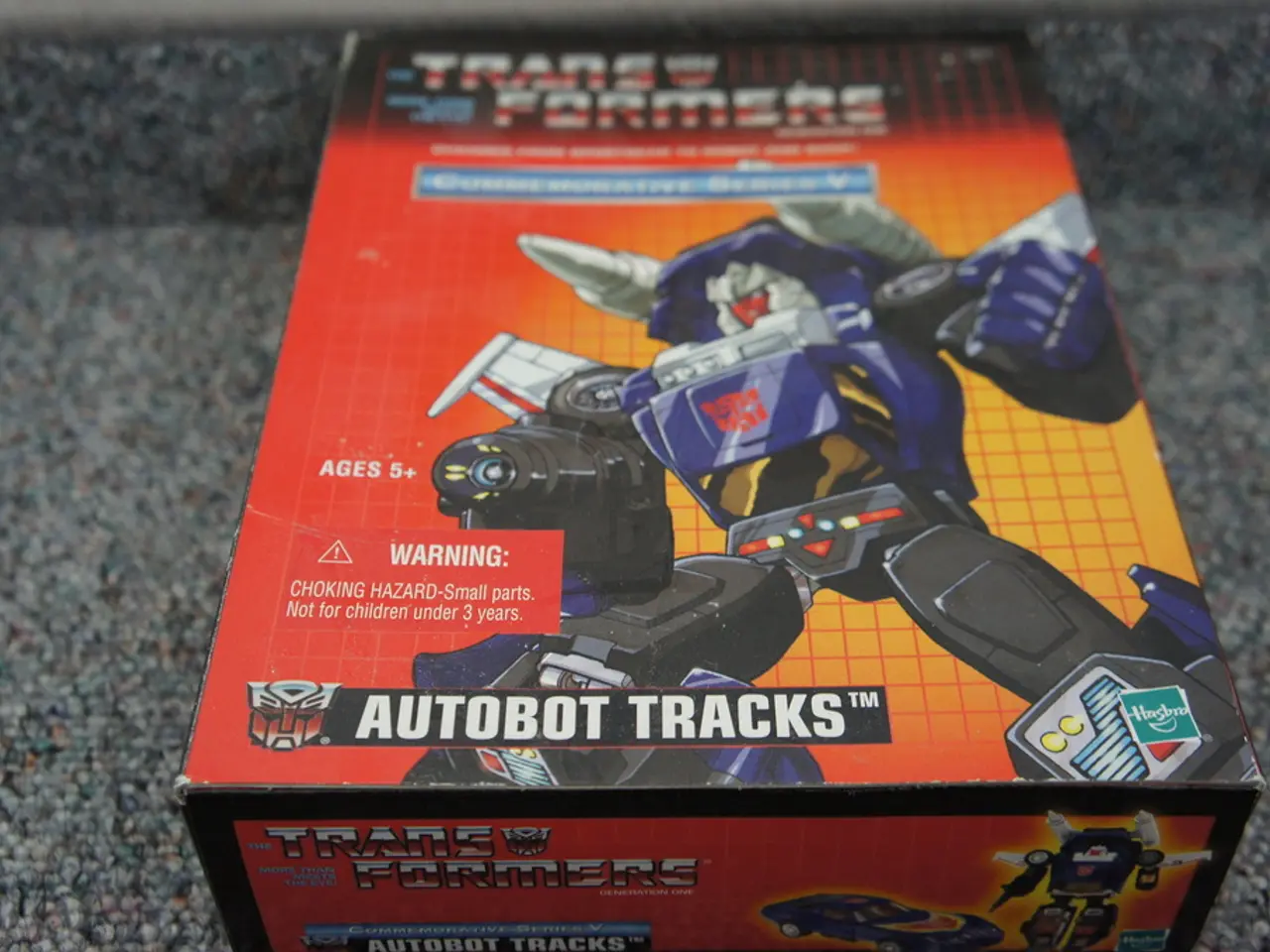Utilizing Artificial Intelligence and Automation in Freight Transportation to Secure a Competitive Edge
In the rapidly evolving world of commerce, logistics plays a pivotal role in ensuring the smooth flow of goods from production to consumers. Traditionally, logistics operations have relied on manual processes and systems, but this is rapidly changing with the advent of Artificial Intelligence (AI) and automation.
AI and automation are fundamentally transforming logistics, delivering significant benefits and enabling diverse applications across multiple sectors. These technological advancements are not only streamlining operations but also driving efficiency, reducing costs, and enhancing responsiveness.
One of the key benefits of AI in logistics is the time savings and efficiency it provides. AI-powered systems automate repetitive tasks and analyze large datasets in real-time, greatly reducing the hours spent on manual analysis and operational management. This frees up logistics teams to focus on strategic challenges and improving customer service.
Cost reduction is another significant advantage. Optimizing routes and shipment planning through AI reduces fuel consumption, transit times, and operational expenses. Automated loading solutions also minimize shipping costs by maximizing container usage.
AI also drives more consistent and accurate decision-making, reducing human errors in logistics processes such as rate forecasting, carrier selection, and inventory verification. This leads to increased efficiency and reduced waste.
In terms of supply chain resilience, cloud infrastructure combined with AI enhances disaster recovery, reduces downtime risks, and enables rapid adaptation to changing conditions, helping maintain stability in supply chains.
AI also improves customer satisfaction by enabling real-time shipment tracking and product traceability. This increased transparency leads to higher customer trust and retention.
Sustainability is another area where AI makes a significant impact. AI-enabled route planning optimizes energy use, contributing to greener, more sustainable logistics practices.
Across sectors, AI and automation are making a profound impact. In route planning, AI analyses real-time traffic, weather, and demand to optimize routes and reroute shipments to avoid delays. In fleet management, AI predicts fleet maintenance needs using sensor data to schedule timely upkeep, increasing vehicle uptime and reducing breakdowns.
In warehouse management, AI-driven automation optimizes loading, inventory management, and eliminates bottlenecks, leading to faster operations and reduced costs. AI also aids in demand forecasting, predicting high demand areas to avoid stockouts and overloading, improving inventory allocation and the supply-demand balance.
AI also supports supply chain resilience by monitoring global events, supplier performance, geopolitical shifts, and weather patterns to predict potential disruptions. In food automation, AI manages temperature and humidity across the supply chain, reducing food waste due to spoilage.
By embracing AI and automation, companies can move beyond basic operations to meet current market demands, ensuring their leadership in an increasingly digitized global economy. AI's ability to identify patterns missed by the human eye further contributes to supply chain resilience.
In conclusion, AI and automation are revolutionizing logistics by enabling smarter, faster, and more resilient operations. These advancements are boosting efficiency, cutting costs, improving safety, and enhancing the customer experience throughout the supply chain. As we continue to navigate the digital age, the integration of AI and automation in logistics is poised to redefine the landscape of commerce.
[1] McKinsey & Company. (2020). AI in logistics and transportation. [online] Available at: https://www.mckinsey.com/business-functions/mckinsey-digital/our-insights/ai-in-logistics-and-transportation
[2] World Economic Forum. (2019). The Future of Transportation: AI and Automation. [online] Available at: https://www.weforum.org/agenda/2019/05/the-future-of-transportation-ai-and-automation/
[3] Capgemini. (2019). The Future of Logistics: The Power of AI. [online] Available at: https://www.capgemini.com/resourcesfile/capgemini-future-of-logistics-the-power-of-ai/
[4] Deloitte. (2018). The future of transportation: A guide to the revolution ahead. [online] Available at: https://www2.deloitte.com/content/dam/Deloitte/us/Documents/about-deloitte/us-future-of-transportation-report-2018.pdf
AI and automation are revolutionizing logistics by enabling smarter, faster, and more resilient operations. These advancements, which include data-and-cloud-computing and artificial-intelligence, are boosting efficiency, cutting costs, improving safety, and enhancing the customer experience throughout the global trade supply chain. (Combination of sentences from the original text)
In terms of supply chain resilience, AI improves prediction of potential disruptions by monitoring global events, supplier performance, geopolitical shifts, and weather patterns, and supports food automation by managing temperature and humidity across the supply chain, reducing food waste due to spoilage. (Consecutive sentences from the original text)




